Lyft founder: Self-driving cars will own the roads in 2021
Autonomous cars will make up most of Lyft's vehicles within five years

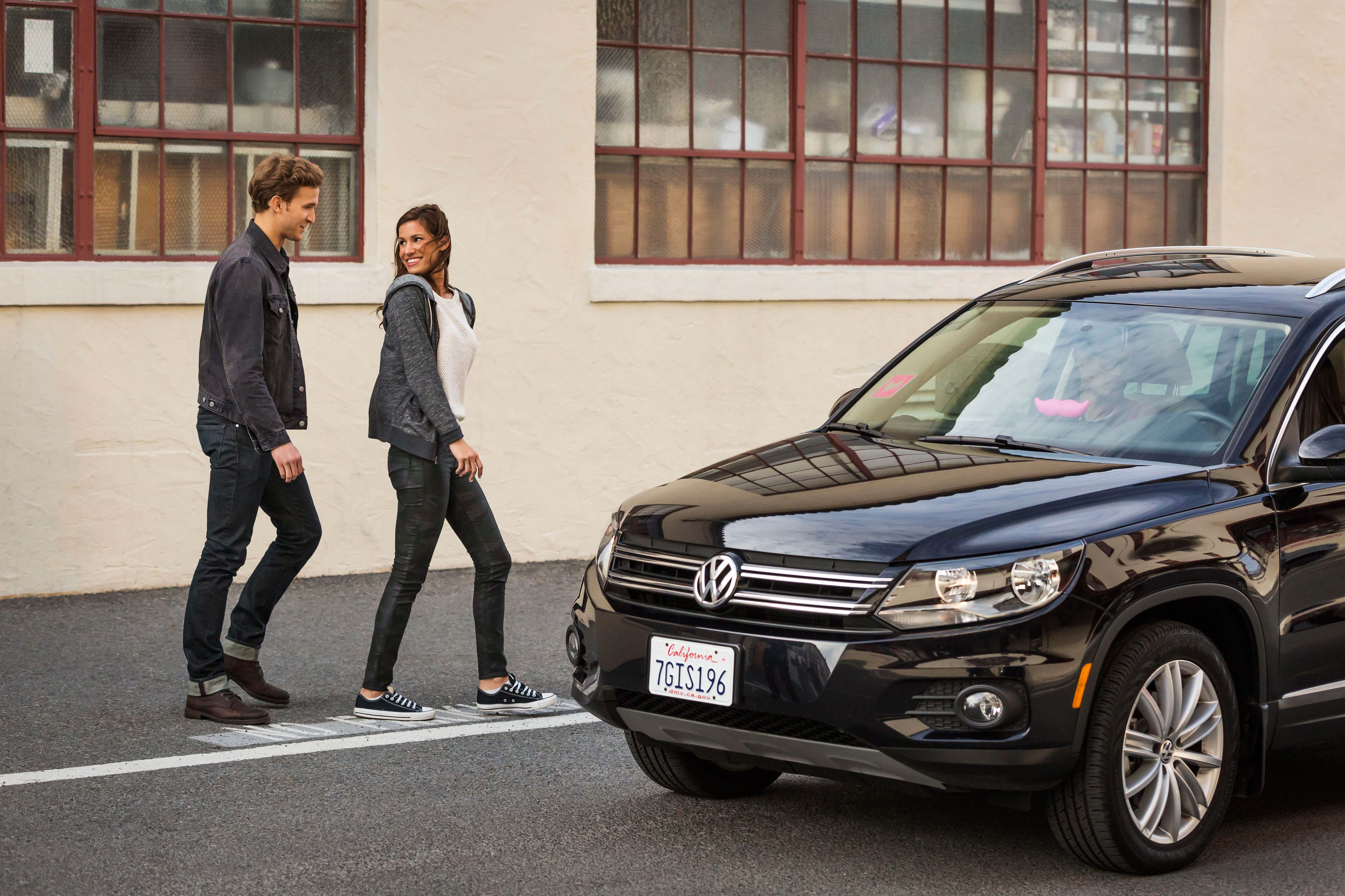
Most Lyft cars will be autonomous within five years, says ride-share founder John Zimmer - and that means we can have bar cars and more space in cities.
The president and co-founder of the Uber rival laid out his vision for the next decade of cars in a post on Medium, calling it the "third transportation revolution".
That will include Lyft evolving from offering taxi-style rides into an "on-demand network of autonomous vehicles," he noted, a plan similar to rival Uber, which is also already trialling driverless cars in the US.
"If you live in San Francisco or Phoenix, you may have seen these cars on the road, and within five years a fully autonomous fleet of cars will provide the majority of Lyft rides across the country," Zimmer said.
Disagreeing with Tesla founder Elon Musk's prediction that people will share their privately owned cars with strangers, Zimmer instead believes private ownership of cars will "all but end" in major US cities by 2025, comparing it to music, when people stopped buying CDs in favour of using streaming services such as Spotify.
Zimmer imagined what self-driving cars will look like. "Will they have couches and TV screens?" he asked. "Will happy hour take place with friends on the ride back from work?" In other words, Zimmer just invented the bar car.
All of this will change what our cities look like. Zimmer's argument is cars take up too much space. "Next time you walk outside, pay really close attention to the space around you," he wrote. "Look at how much land is devoted to carsand nothing else. How much space parked cars take up lining both sides of the street, and how much of our cities go unused covered by parking lots."
Sign up today and you will receive a free copy of our Future Focus 2025 report - the leading guidance on AI, cybersecurity and other IT challenges as per 700+ senior executives
Much of that is a waste, he said, claiming the average car spends 96% of its time parked. "In 2011, researchers estimated that there are at least 700 million parking spaces in the US," he said. "That means our country has more than 6,000 square miles of parkingbigger than my home state of Connecticut."
All of this will take just 10 years, he predicted, with a hybrid system of some driverless cars and more traditional cars on the roads until then.
Freelance journalist Nicole Kobie first started writing for ITPro in 2007, with bylines in New Scientist, Wired, PC Pro and many more.
Nicole the author of a book about the history of technology, The Long History of the Future.
-
 I couldn’t escape the iPhone 17 Pro this year – and it’s about time we redefined business phones
I couldn’t escape the iPhone 17 Pro this year – and it’s about time we redefined business phonesOpinion ITPro is back on smartphone reviews, as they grow more and more intertwined with our work-life balance
-
 The gig economy: Past, present, and future
The gig economy: Past, present, and futureFeature The rise of the gig economy represents a new era of flexible working despite being plagued with controversies
-
 Why cutting-edge innovation is killing the planet
Why cutting-edge innovation is killing the planetIn-depth AI and robots will do our work, we’ll get paid in cryptocurrency, and cars will drive themselves – but each of these technologies is a massive energy hog
-
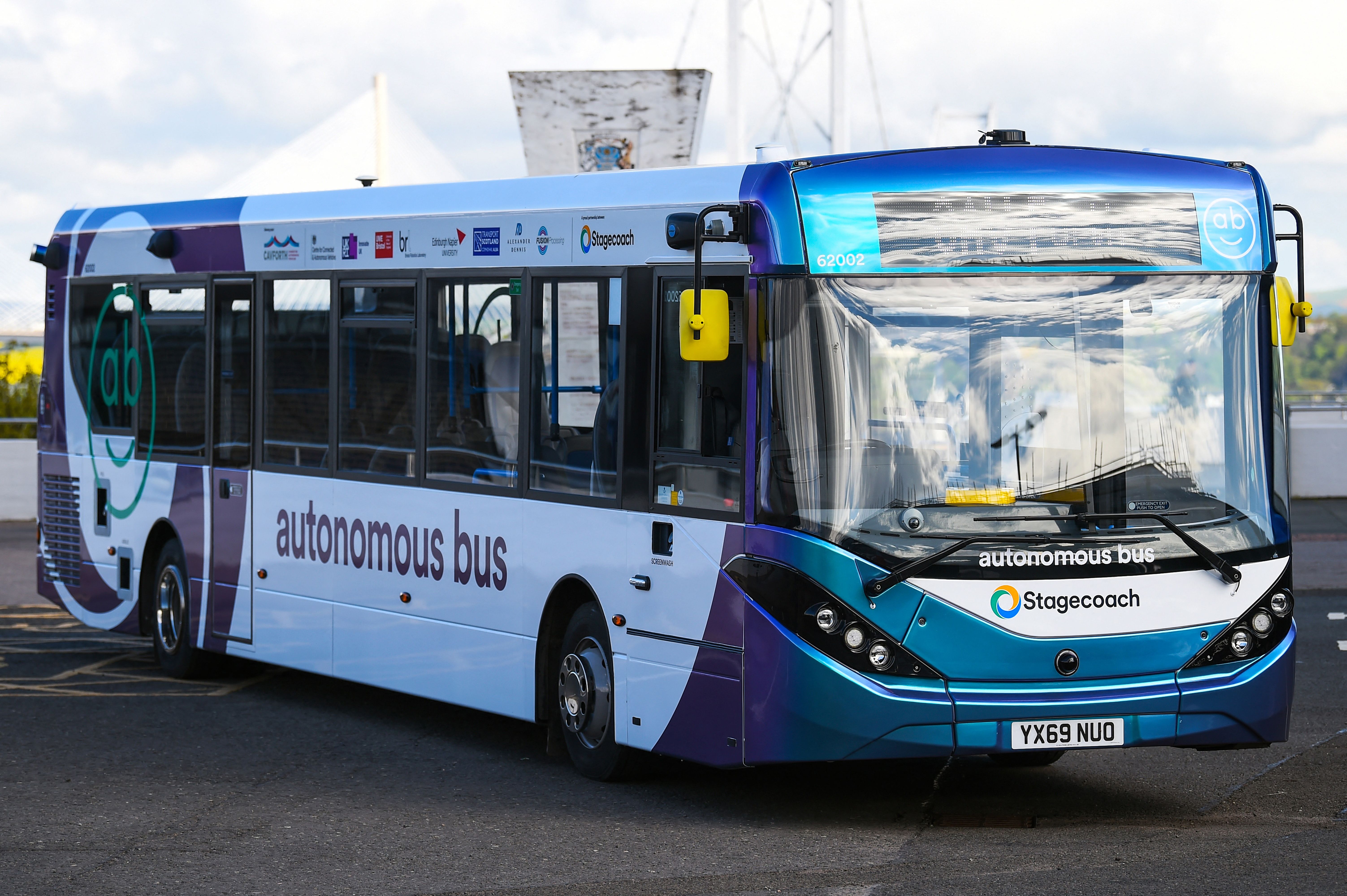 Meet the CAVForth project: The world's first autonomous bus
Meet the CAVForth project: The world's first autonomous busCase Study Edinburgh's AB1 route, in Scotland, lets the public catch a ride on an self-driving bus over the Forth Road Bridge. But is this really the future of public transit?
-
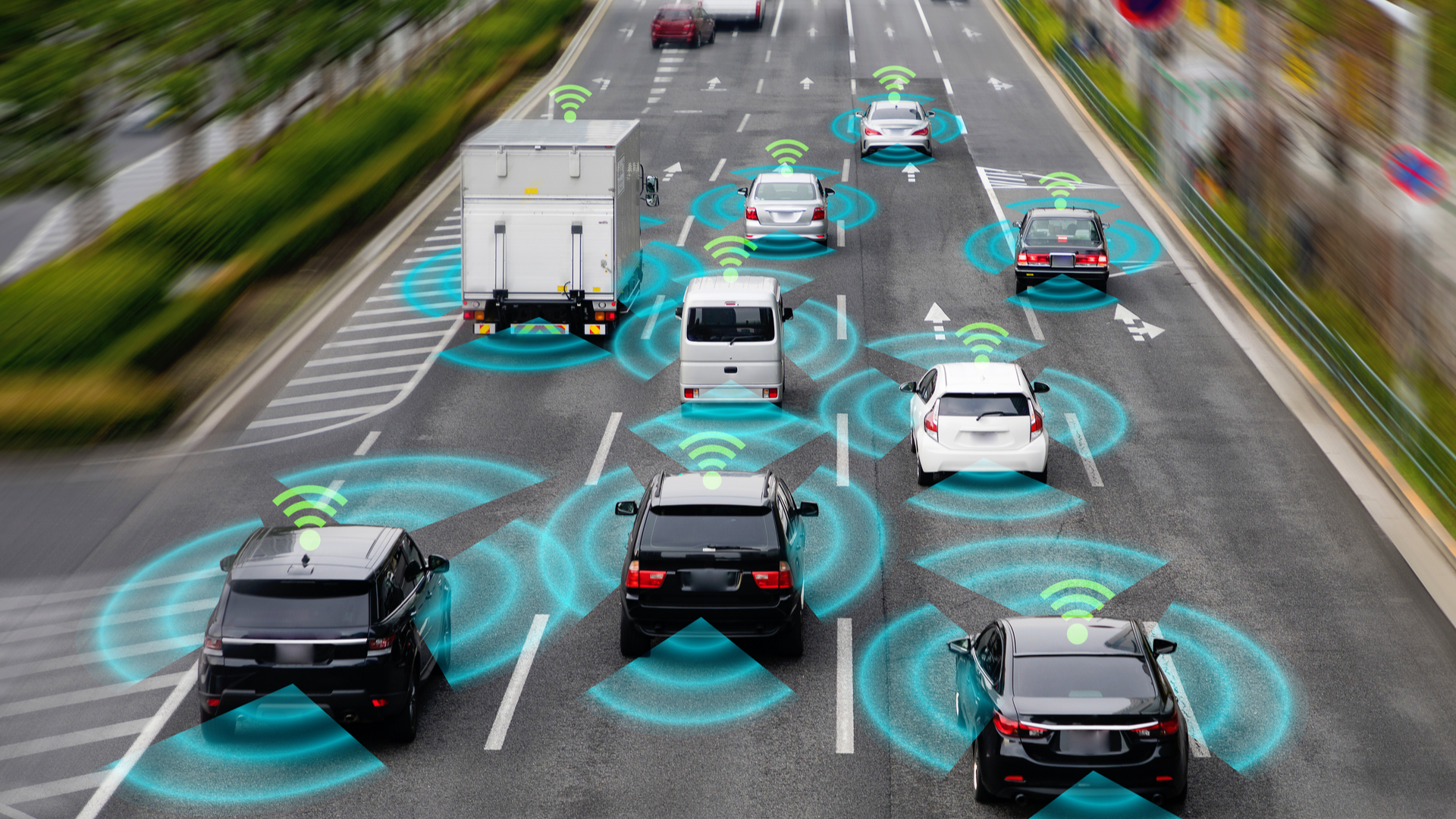 Sonatus secures $35 billion to spur software-defined vehicles
Sonatus secures $35 billion to spur software-defined vehiclesNews The funding will be used to turn cars into data centers on wheels
-
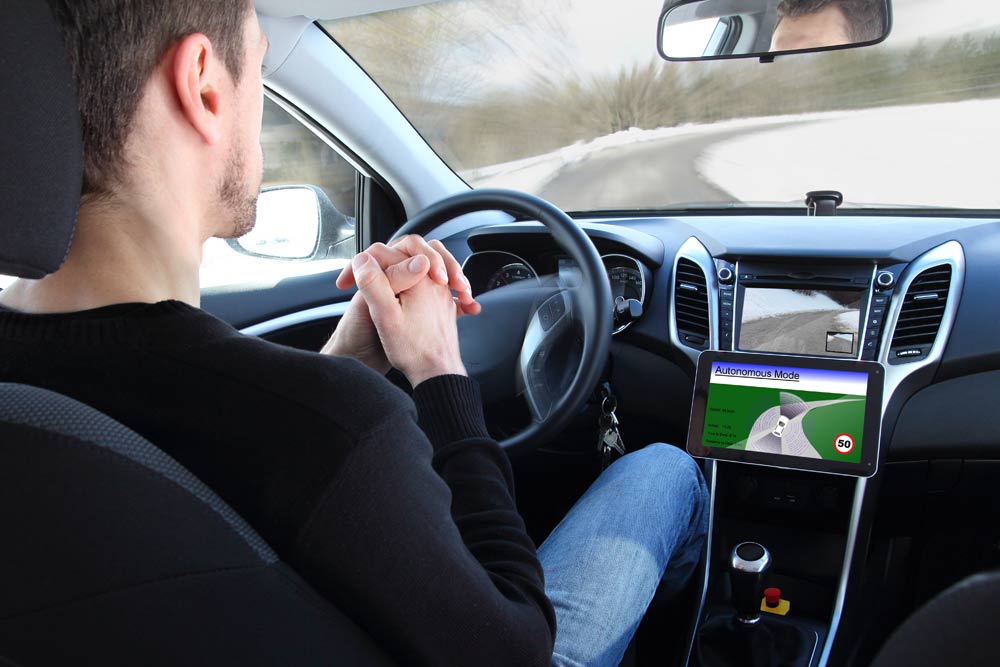 Oculii raises $55 million for its AI-powered radar software
Oculii raises $55 million for its AI-powered radar softwareNews The VAI platform by Oculii improves the angular resolution of any radar by up to 100 times
-
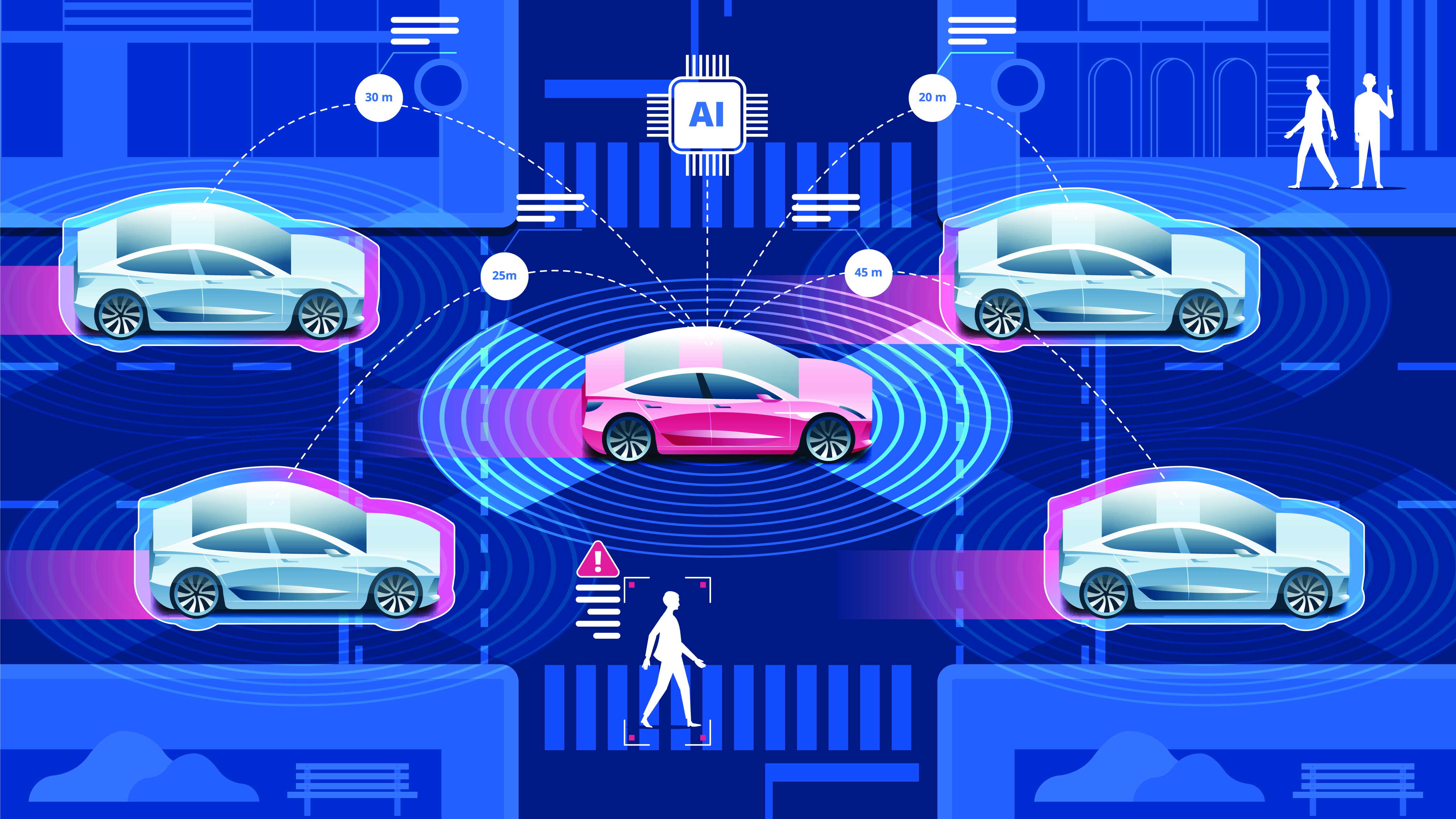 ZF augments vehicle intelligence with next-gen AI supercomputer
ZF augments vehicle intelligence with next-gen AI supercomputerNews New ZF ProAI packs a punch with up to 66% more computing power than its predecessor
-
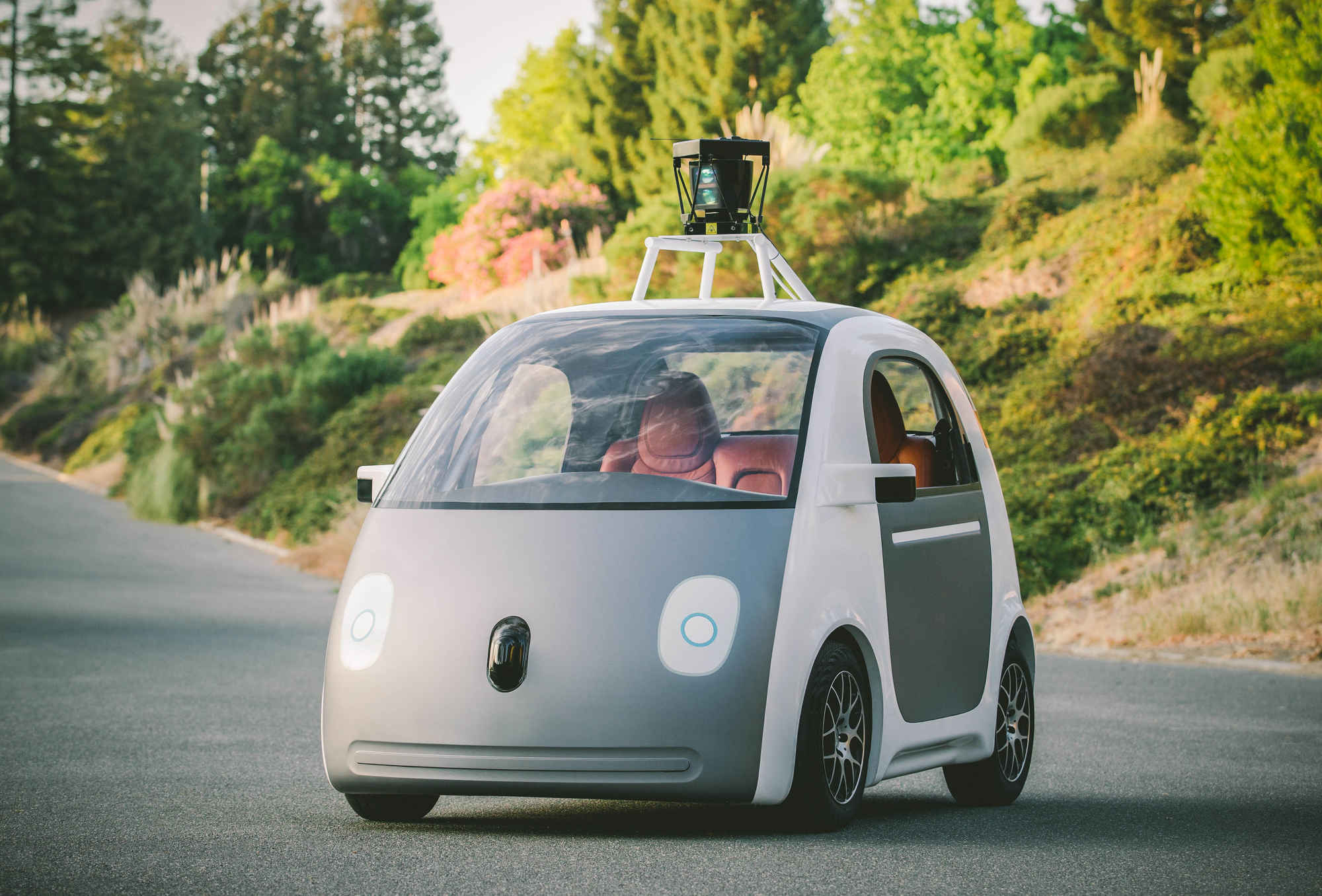 Why driverless cars don't belong on public roads (yet)
Why driverless cars don't belong on public roads (yet)Opinion Autonomous vehicles still can't account for human error
-
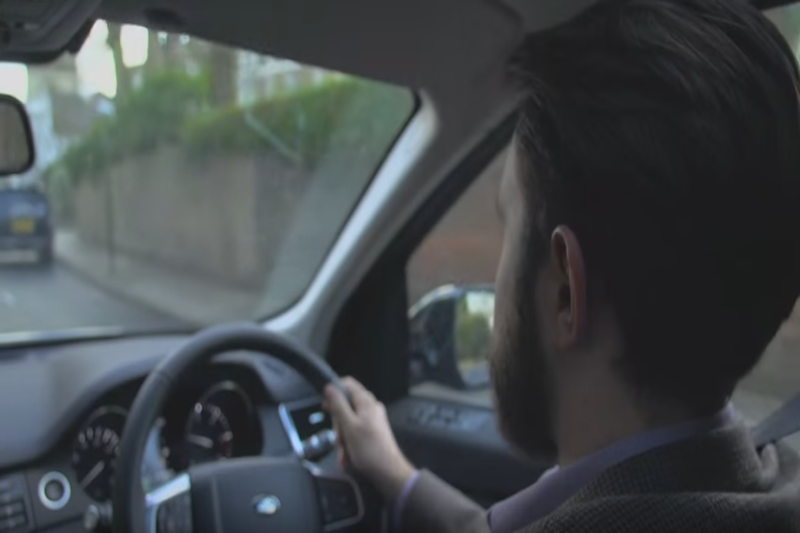 Autonomous cars may prompt the changing of Australian drink-driving laws
Autonomous cars may prompt the changing of Australian drink-driving lawsNews The rise of autonomous vehicles could significantly change future driving laws
-
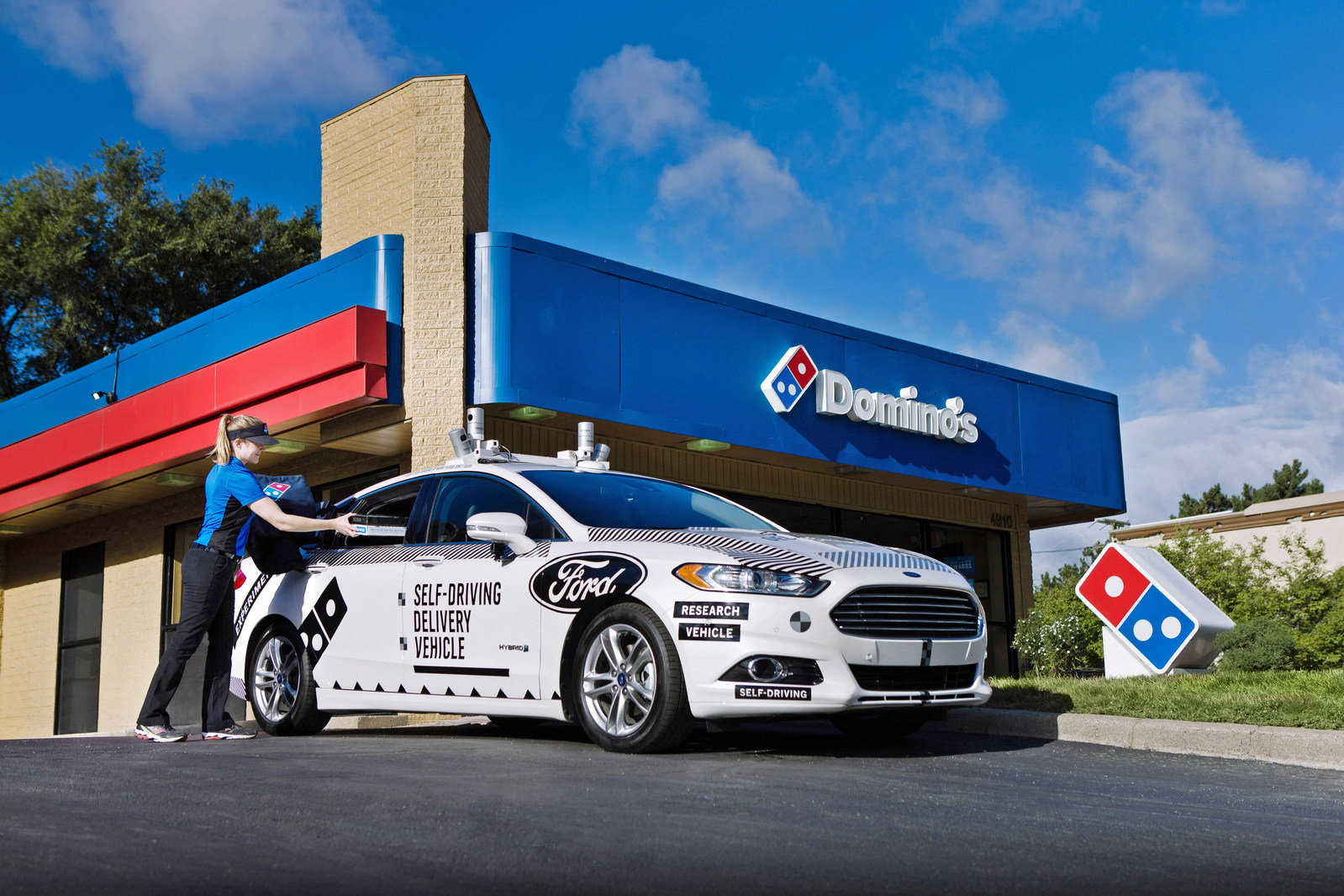 One large pizza, extra onions, hold the tech gimmicks
One large pizza, extra onions, hold the tech gimmicksOpinion Driverless pizza deliveries do nothing for customer service, argues Jane McCallion
